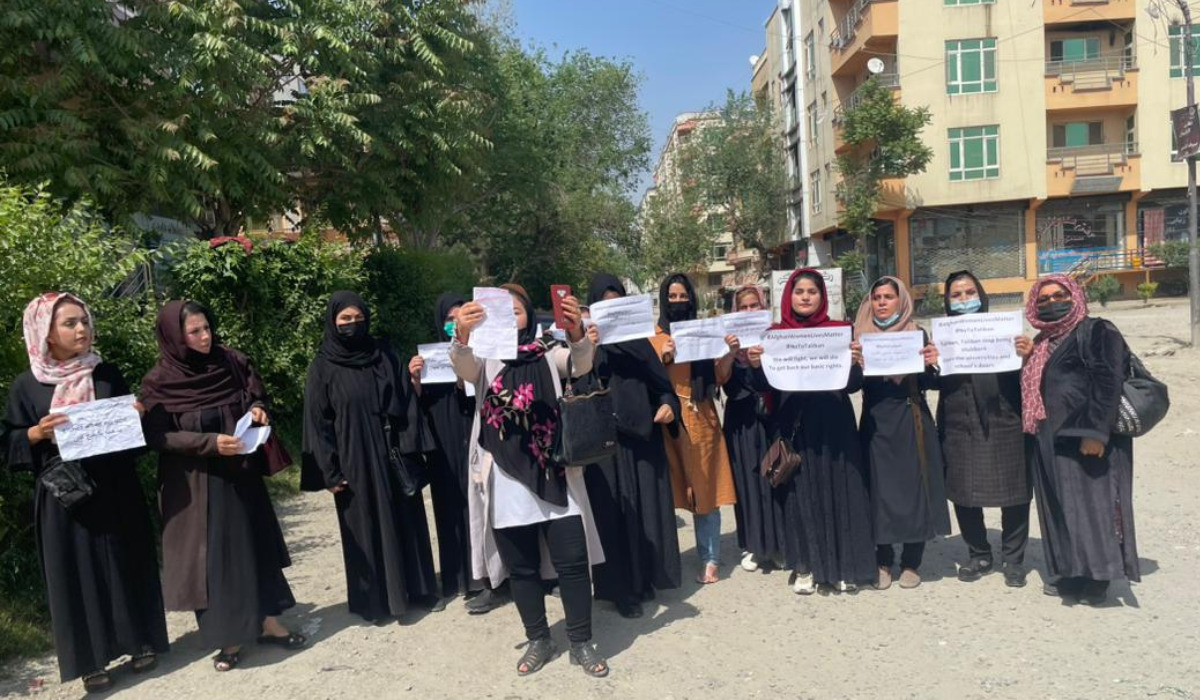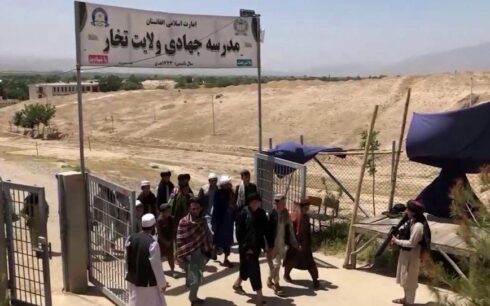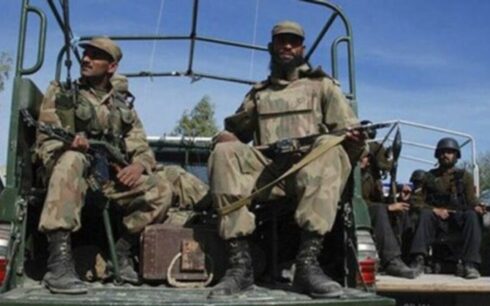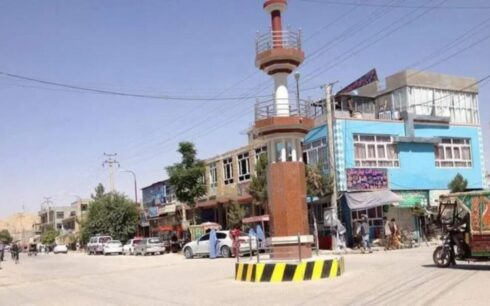The withdrawal of US forces from Afghanistan two years ago, coupled with the erosion of hard-fought gains in areas such as human rights, freedom of expression, and women’s rights, has drawn substantial criticism from observers worldwide.
As the dust settles on this significant shift, women across the country are trying to cope with their “new normal” which has not only curtailed their liberties but has also exacerbated their financial challenges.
A number of women said that the unconditional exit of US forces from Afghanistan emboldened the Taliban by giving them a free hand to progressively strip them of their rights and freedom, while the absence of a deterrent against the Taliban’s discriminatory policies is contributing to a steady erosion of hope.
Reports from various provinces underscore an economic downturn experienced over the past two years, leaving many citizens grappling with an uncertain future.
August 31, 2021 marked the departure of the last US forces from Afghanistan, ushering in a period of profound adversity for women and girls in the nation. Notably, girls from secondary schools were barred from education, and women encountered restrictions on accessing public spaces, universities, non-governmental organizations, entrance exams, and even participation in beauty salons activities.
Mursal, formerly a defense lawyer and legal consultant in Herat, shared that the past two years have brought significant personal changes, leaving her feeling akin to a prisoner.
“I was the breadwinner of my family previously, but now my mental status is not good because the situation is worsening,” said Mursal. “I hope that the restrictions are lifted for women so that they can live free of pressure.”
The withdrawal of US troops and the collapse of the previous government have compounded the level of poverty and deprivation and has cast a shadow over the lives of Afghanistan’s citizens.
Analysts underscored that the way the US pulled out played a pivotal role in Afghanistan’s humanitarian crisis, marking the loss of democratic values with the unconditional exit.
“Afghanistan’s governance structure has faltered, lacking the core pillars of government, constitution, and order under Taliban rule,” stated Noorullah Raghi, a political expert.
Over the past two years, the United Nations has noted that the Taliban issued more than fifty directives curbing or rigidifying the freedoms and rights of women and girls. As the Taliban grapple with the lack of internal and external legitimacy, the US State Department and the United Nations have asserted that as long as the de facto authorities fail to respect the rights and freedoms of women and girls, legitimacy will be withheld.





